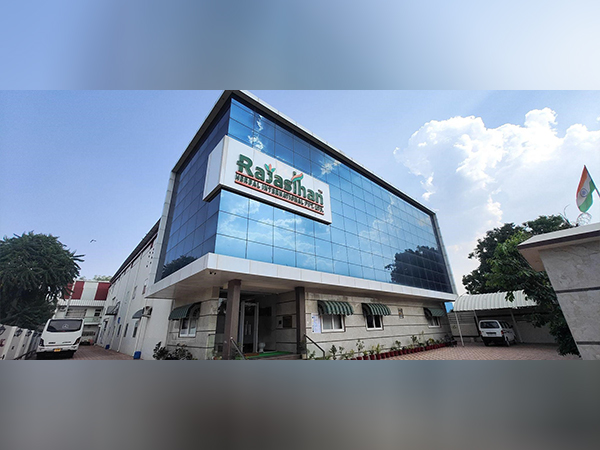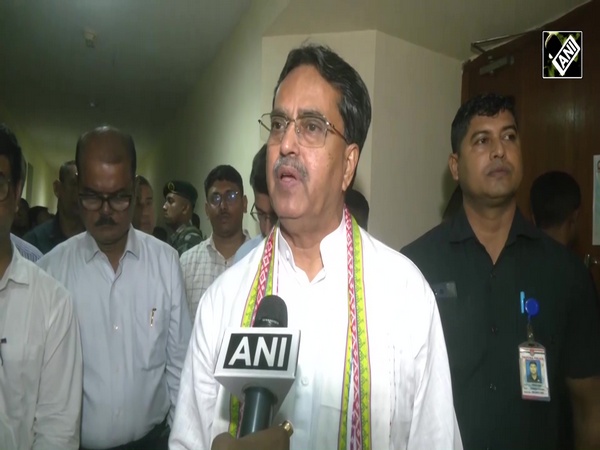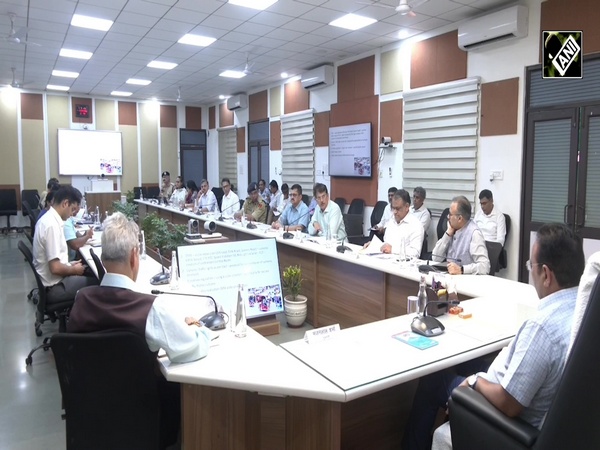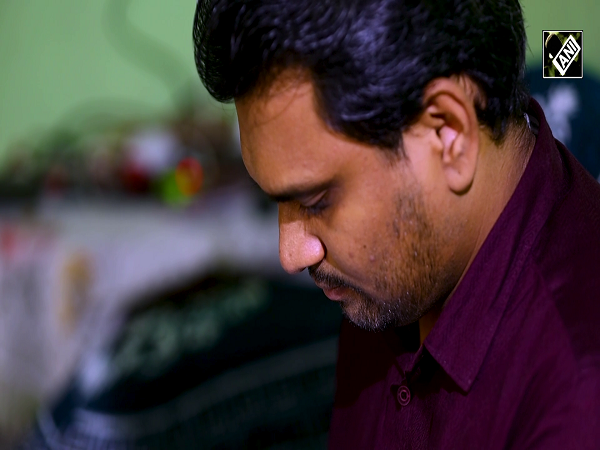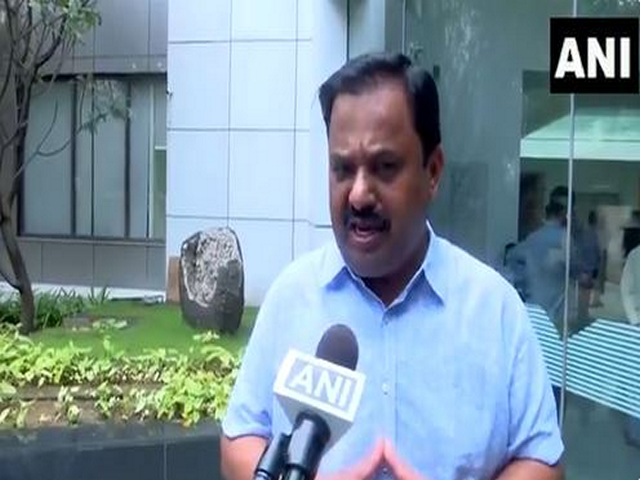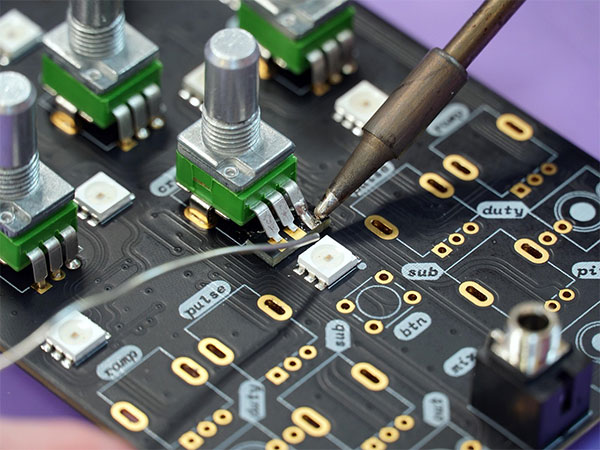
India's semiconductor mission paves way for digital sovereignty: Experts
Aug 02, 2025
New Delhi [India], August 2 : In a significant stride towards establishing digital sovereignty, the central government's ambitious semiconductor mission is being hailed as a transformative step in securing the country's control over its digital infrastructure.
In an exclusive conversation with ANI, experts stated that this initiative lays the groundwork for India to become self-reliant across the entire digital technology stack, from chip manufacturing to Artificial Intelligence (AI) and cloud applications.
At the heart of this initiative lies the understanding that all mission-critical digital infrastructure, whether related to artificial intelligence or cloud computing, fundamentally depends on semiconductor chips.
"When you are talking about a completely digital sovereignty, it starts at the chip level. Whether it is a complete AI stack or a complete cloud stack on which any mission-critical applications of government or enterprises are running, it always starts from the ground level, which is the chip. From chip level, we end up making equipment," Sunil Gupta, Chair, ASSOCHAM National Council on Datacenter, told ANI.
"Chips form the base, leading to the development of equipment, operating systems, datasets, models, and ultimately, applications."
On top of that, Gupta said, "You start making operating systems, then you run in case of AI examples. You have data sets and then you have models and then you have applications."
"So, the Government of India is clearly understanding this whole stack, which needs to be completely owned by India. At the chip level, India has created a semiconductor mission, which means India is able to design, fabricate, assemble, and package its own chips in India itself."
Recognizing this technological hierarchy, the Government of India has launched the India Semiconductor Mission (ISM) to ensure full ownership of this stack. The mission aims to enable domestic capabilities in chip design, fabrication, assembly, and packaging.
"The semiconductor mission and the government emphasis on that is actually a step in the very very right direction. It is at the route of becoming a sovereign nation in terms of digital infrastructure," Gupta said.
He further said the initial efforts have begun with the manufacturing of 28-nanometer chips, but the government is setting its sights higher.
"Starting has been done maybe with chips of 28 nanometers, but I am very sure once this mission starts, we will start manufacturing the most high-end two and three nanometer chips also," Gupta stated.
"As the Minister of IT also announced that within five years India can also expect its GPU manufacturing in India, which is a real sovereignty at the root level that you are not dependent on a chip which is designed in the US and manufactured in Taiwan."
As per Gupta, "India will be able to design and manufacture chips in India itself. Now, on top of that, which is the semiconductor mission that is addressing this point. We also would have seen that India is also trying to find other sources of rare earth metals."
"The Prime Minister has visited so many countries in the Latin America and Africa. The reason was that if China had put a huge control on rare Earth. It is presumably, they are owning 90 per cent of the rare Earth in the world. Then India will have to be self-dependent on rare Earth because these rare Earth which are actually being used in the manufacturing of electronics. So, that is another component on which the government is very serious about," he added.
On sovereign tech for India's digital transformation, founding member of Bharath Cloud, Dipali Pillai stated, "Having a digital India on sovereignty is crucial because it is an economic and security story, and having everything in house is very important, because then we are running on the regulations that we write..."
On India announcing indigenous chip manufacturing units, she stated, "Having everything on our own soil and working on our own terms is extremely important for us to grow and innovate..."
On the progress of India's AI and semiconductor missions, she added, "We have dedicated about USD 20 million towards infrastructure investment and that itself tells about our commitment... India is focused on working within our own confines and regulations..."







